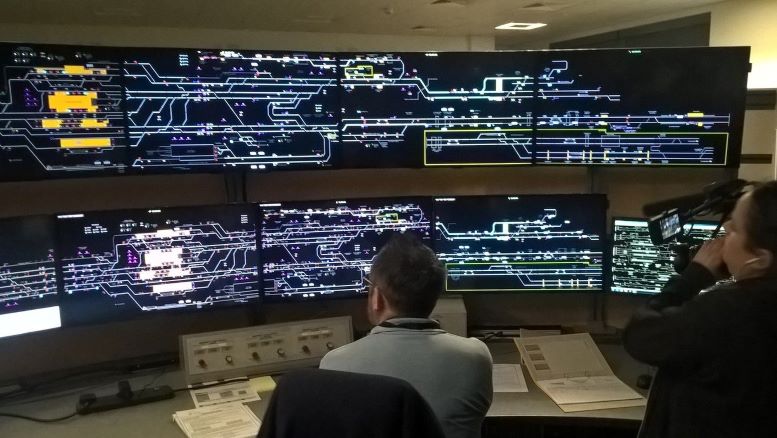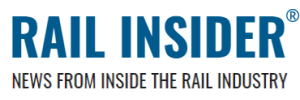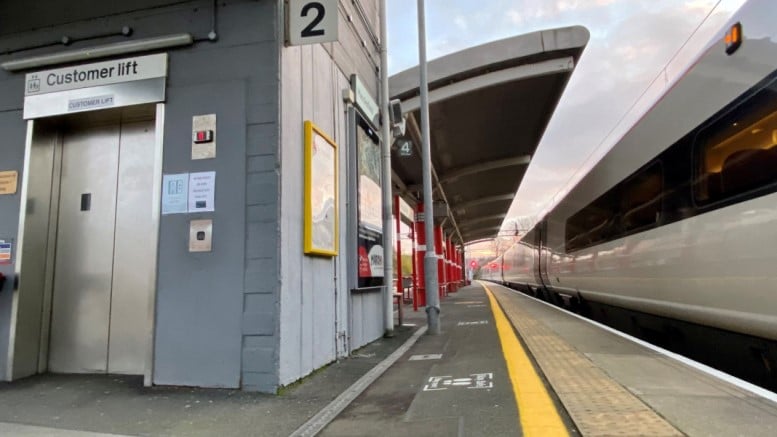
Network Rail has announced the companies that will be its partners in railway signalling for the next five years.
Dividing Great Britain into five regions, it has placed framework contracts worth an estimated £2.4 billion in the current control period (CP6, 2019-2024) and up to £3.6 billion including if it takes up the option to extend the contracts into the first two years of CP7 (2024-2026).
The five frameworks, which went live on 31 January 2020, have been awarded to:
- Alstom (Southern Region and Eastern region)
- Siemens Mobility (Scotland Region and North West & Central region)
- A joint venture between Hitachi Rail STS UK and Linbrooke Services (Wales & Western region)
In announcing the contracts, Network Rail said that it will be investing billions of pounds in railway signalling over the next five years to improve the capacity of Britain’s railways, potentially enabling more trains to run, to improve asset reliability and, in turn, to reduce delays for the users of the railway – passengers and freight operators.
For Network Rail, these frameworks form part of a much wider approach to commerciality as it becomes more focused on securing better deals with the supply chain to deliver a better-value railway for passengers. The company’s ambition is to become easier to work with and a more efficient and dependable partner, while breaking down barriers to make it easier for other organisations to invest in and build on the railway.
Through a comprehensive efficiency portfolio encompassing over 1,000 initiatives, Network Rail hopes to save £3.5 billion over CP6.

Paul Wright, Network Rail’s commercial director, said: “The major signalling frameworks are the final awards in a three-tier approach to signalling delivery for Control Period 6.
“The awards have gone to suppliers that, between them, have many years of signalling experience and will help Network Rail facilitate key signalling renewals safely and efficiently.
“We look forward to working with the successful suppliers to deliver signalling projects that are truly on the side of passengers and freight users.”





Be the first to comment